The United Nations Development Program, together with the Senate of the Oliy Majlis and the Ministry of Economic Development and Poverty Reduction presented the Human Development Report for 2020 in Uzbekistan.
On March 19, the key findings of the 2020 Human Development Report and ways of further development of Uzbekistan were discussedat at the University of World Economy and Diplomacy in Tashkent.
The theme of the 2020 Human Development Report is “The next frontier: Human development and the Anthropocene.” The 2020 Human Development Report shows that we are at an unprecedented moment in history, in which anthropogenic activity has become a dominant force shaping the planetary ecosystems on which civilization depends.
The event was moderated by Obid Khakimov, Director of the Center for Economic Research and Reforms (CERR). He expressed gratitude to UNDP for their continued support of the initiatives of the Government of Uzbekistan in the field of human development and noted that the national gross income per capita has more than tripled since 2000.
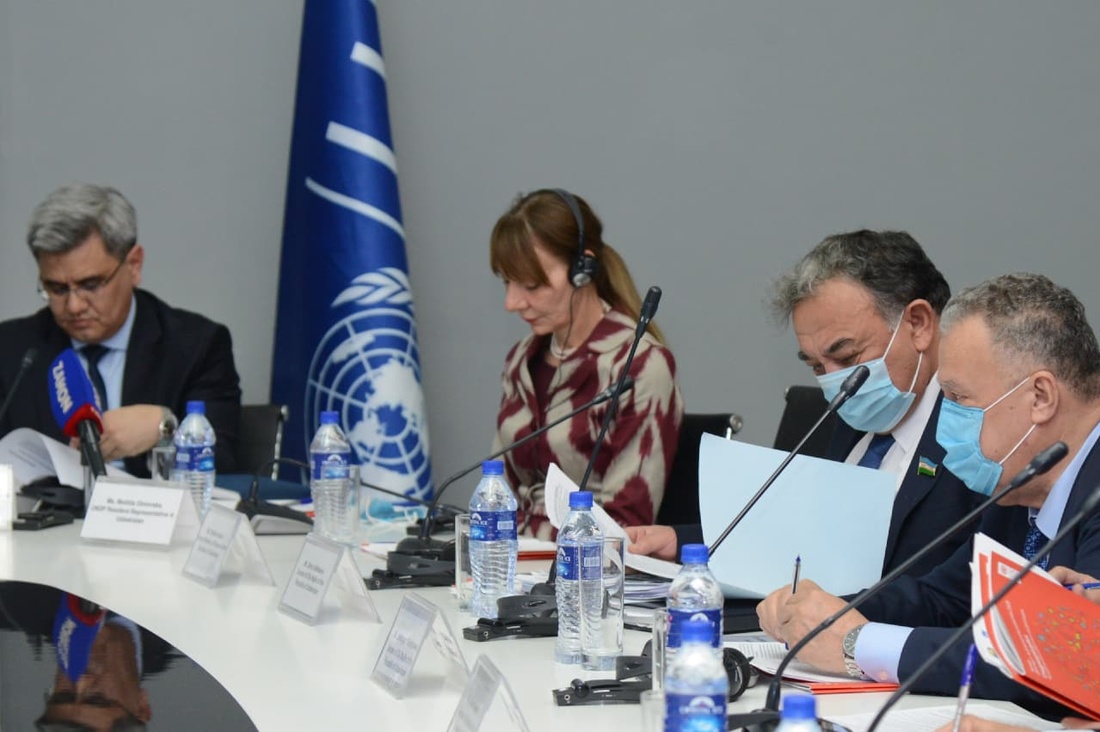
He also said that without proper development and thinking, people will continue to harm the environment and this could ultimately lead to one disaster after another. “COVID-19 and the global pandemic have demonstrated that we need to hurry. Further human development cannot continue without overcoming its negative environmental consequences and restoring the balance between nature and humanity, ” Obid Khakimov emphasized.
Matilda Dimovska, UNDP Resident Representative in Uzbekistan, said that over the past 30 years, the report has become the basis for discussions on development issues such as migration, mobility, climate change, human rights and gender equality.
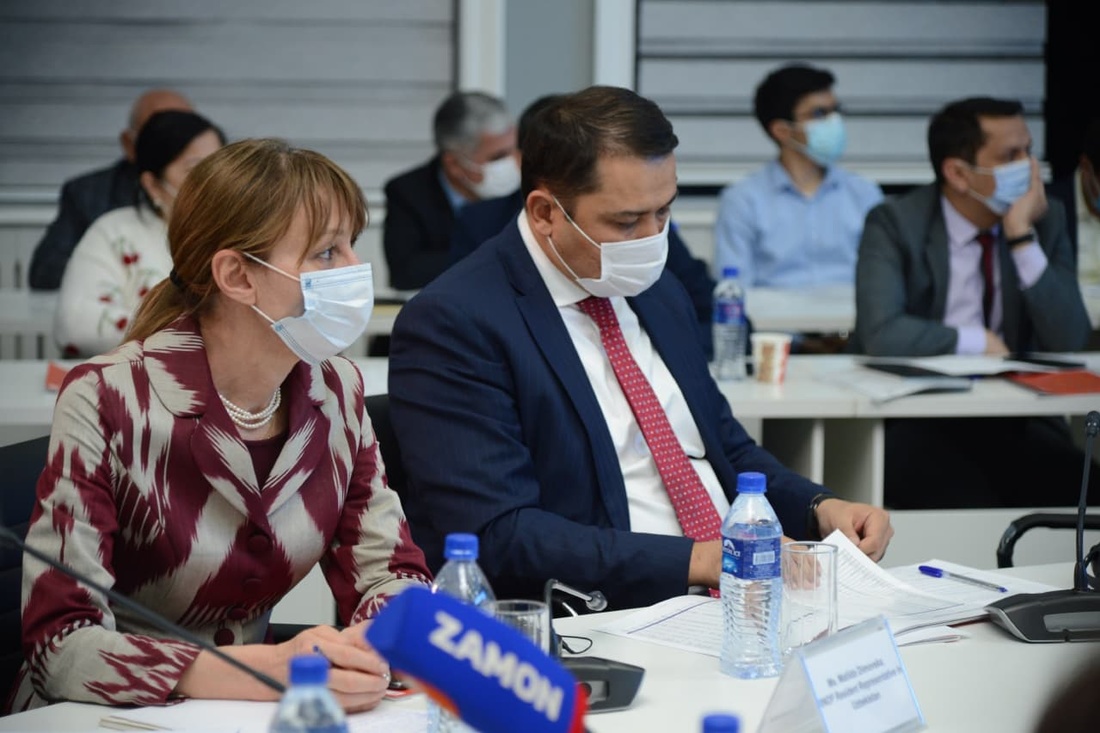
“Each report presents an updated set of indices that measure average achievement across key dimensions of human development,” she said. “The report categorizes countries into four groups of low, medium, high and highest human development and tracks their progress from year to year.”
Ms Dimovska said the importance of ensuring that development does not come at the cost of harming our planet has been highlighted significantly by the global COVID-19 pandemic, record-breaking temperatures, the clear impacts of climate change (including in the Aral Sea region), and increasing inequalities. Accordingly, a new index was introduced in this year's report - the HDI adjusted for planetary pressure. While the 2020 HDI ranking continues to measure the health, education and living standards of each country's population, two more elements have also been added to take into account: national carbon emissions and total resource costs.
In his speech at the ceremony, Sodiq Safev, Deputy Chairman of the Senate of the Republic of Uzbekistan, noted that Uzbekistan continues to make significant progress up the ladder of sustainable development. From 2019 to 2020 Uzbekistan’s HDI value increased from 0.710 to 0.720, placing the country in the high human development category, and positioning it at 106th out of 189 countries and territories worldwide. This has continued a twenty-year trend of Uzbekistan’s advancement in HDI value, from 0.686 in 2000. Over that time the national gross income more than doubled from $2,053 to $7,142, while life expectancy increased 4.5 years from 67.2 to 71.7.
About the report
Thirty years ago, UNDP launched the Human Development Index (HDI) as a new tool for understanding and measuring progress. Rather than measuring GDP growth as the sole vehicle for advancement, the HDI ranks countries by their level of human development based on whether people in each country have the freedom and opportunity to live the life they value. The new HDI, adjusted for planetary pressures, presented this year, measures the ability of countries to improve the standard of living of their citizens without further damaging our planet and its climate.



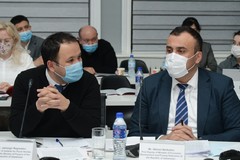
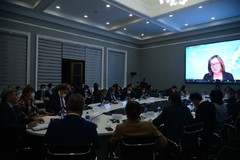

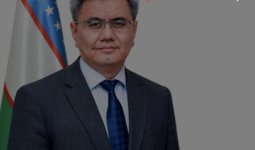
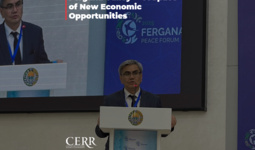
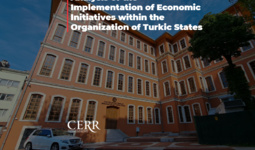
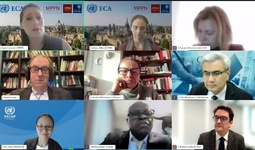
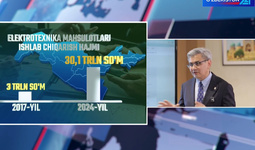













leave a comment